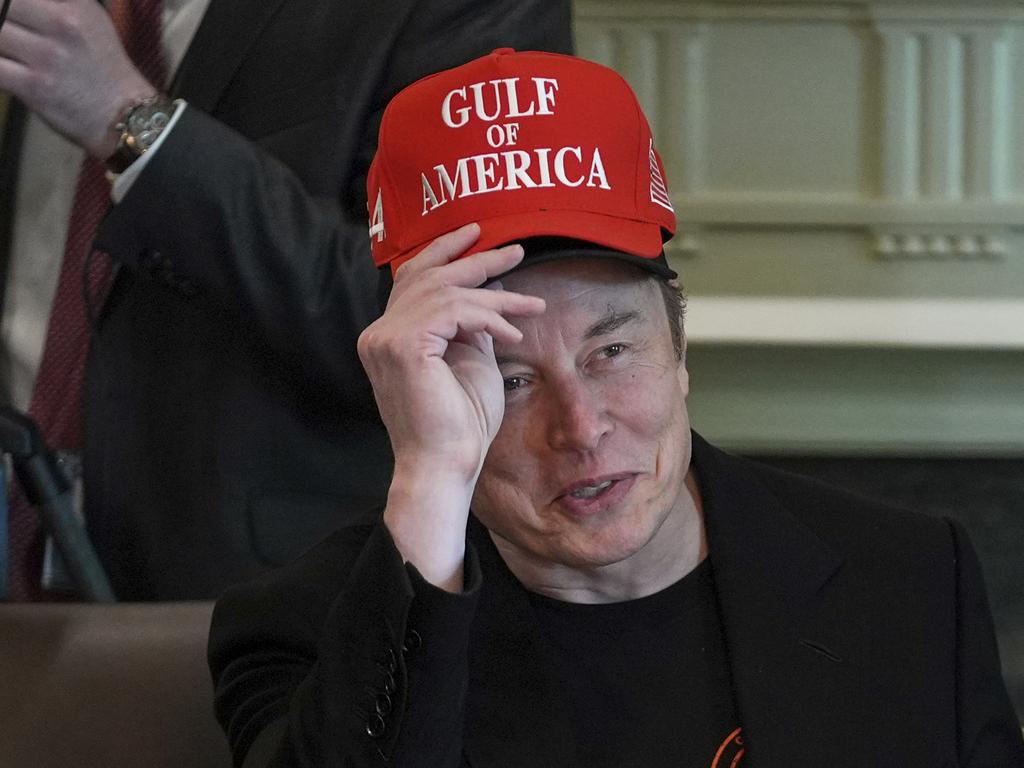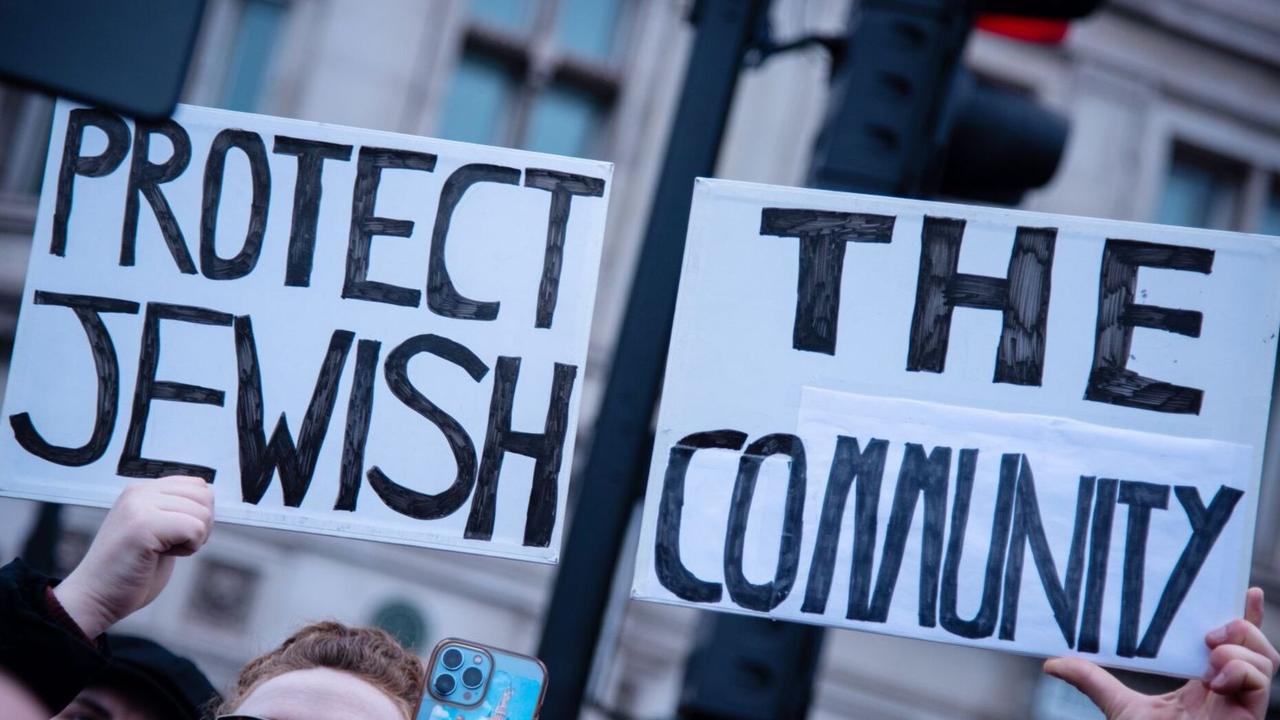The X factor: was Elon Musk inspired by Victorian England?
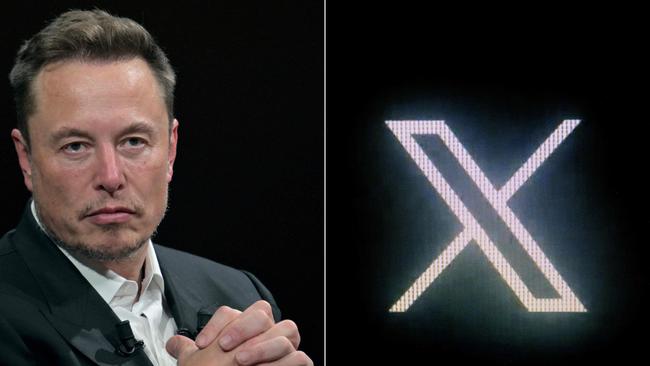
I have wondered about Elon Musk – his undoubted genius, his risk-taking, his obsession with the letter X, and his endless pushing of technological, social and status-quo boundaries. Musk is undoubtedly the man of the 21st century. Apologies to Donald Trump.
I wonder from where did his ideas and energy to disrupt and change come? His own compulsion to propel change? Perhaps, but I believe there are other explicit and subliminal influences driving him.
I believe he has in some ways been influenced by the greatest thinkers, scientific minds and social disrupters of the 19th century – Charles Darwin, Thomas Huxley and Joseph Hooker.
Darwin’s theory of evolution and natural selection (published as On the Origin of Species in 1859), supported by Huxley and Hooker, totally shook Victorian England in the 1860s. It revolutionised science and all that preceded it, and threw out the idea of a higher being creating species in specific localities (with exceptions when they were discovered).
More than that, Huxley, in particular, was instrumental in starting the dismantling of the social status quo in British society – undermining the influence of the clergy, ruling class and political elites.
Huxley and Hooker used Darwin’s theory of natural selection and their further thinking to totally disrupt the status quo.
Given Victorian sensitivities, Huxley and Hooker’s interventions were not as aggressive as Musk’s, but in their day they were perceived as aggressive and just as revolutionary.
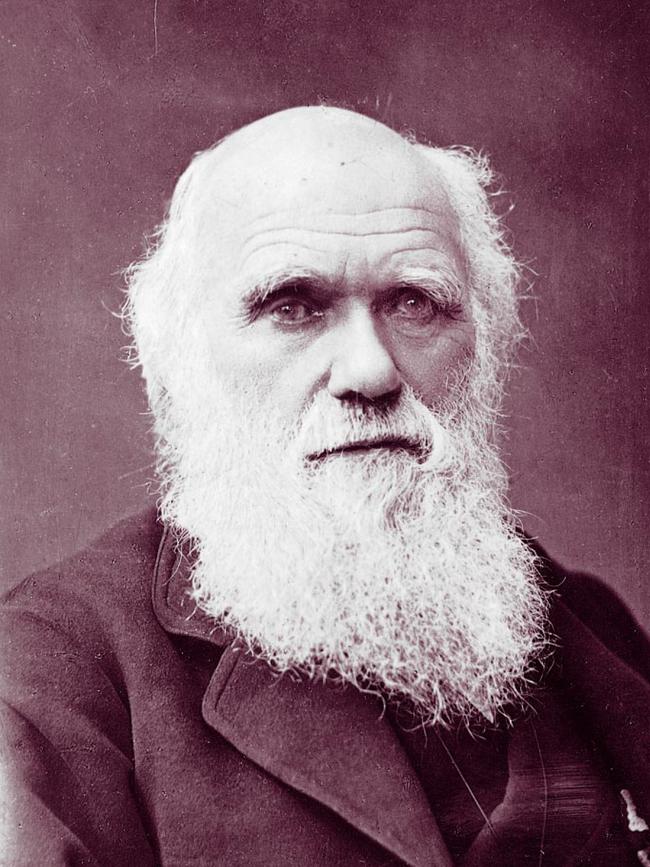
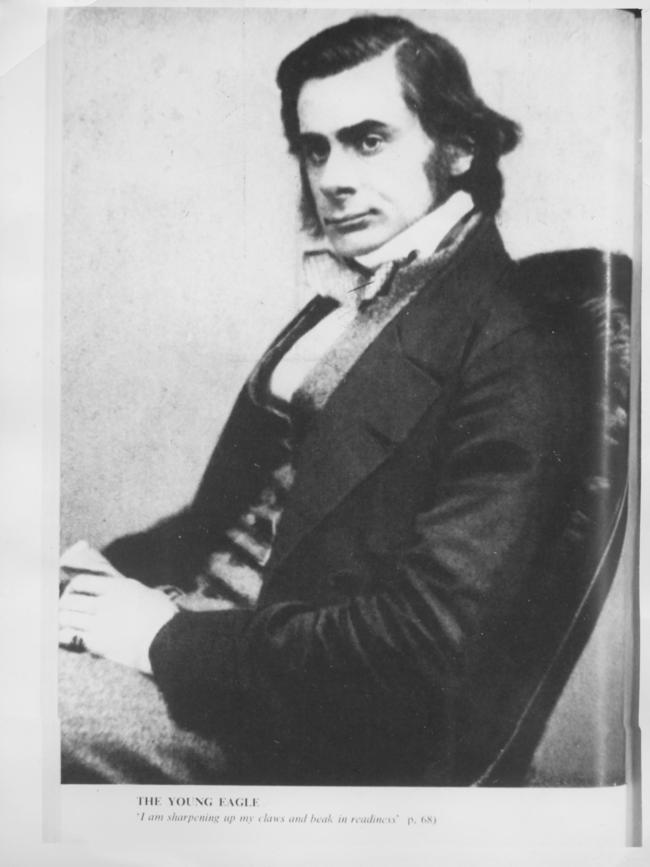
But Musk is not just a social disrupter. He is a scientific entrepreneur, if not genius, in his thinking. And he is obsessed with the letter X and, yes, perhaps apes. Now, these links are possibly coincidence, but I think that unlikely.
Five years after Darwin’s publication of his famous book, Huxley and Hooker decided to form the X Club in 1864 at which a group of nine scientists would have regular dinners in London.
They set out to promote scientific progress and secularism, and challenge establishment thinking. Similarly, Musk built his career on disrupting entrenched industries and pushing technological frontiers. Both:
• Promoted radical scientific change (X Club: Darwinism; Musk: SpaceX, AI, brain-machine interfaces).
• Fought against traditional power structures (X Club v religious institutions; Musk v legacy industries).
• Used “X” as a symbol of the unknown and innovation (X Club for scientific exploration; Musk for futuristic technology).
This alignment suggests Musk may well have named his ventures after the X Club; the philosophy behind it resonates deeply with his own world view.

The X Club name came from Ellen Busk, the wife of George Busk, a friend of Hooker and Huxley. (Elon Musk, Ellen Busk – now that is a coincidence). I can find no reference to the X Club in any of Musk’s interviews nor writings.
However, the Victorian scientific revolution parallels Musk’s futuristic technological revolution, and the X Club’s rebellious, disruptive nature mirrors Musk’s approach. In any case, I believe Musk is deeply inspired by Huxley.
In June 1860 more than 1000 scientists, clergymen, politicians and students attended a fierce debate held in Oxford by the British Association for the Advancement of Science.
The then bishop of Oxford, Sam Wilberforce, in trying to ridicule Darwin’s theory of evolution, yelled at Huxley asking was it his grandmother or grandfather that was related to an ape. Huxley stood to reply: “I would rather be an ape than a bishop.”
Musk loves apes and has used them on X as his profile, albeit showing them as bored.
Both Huxley and Musk were/are fearless in expressing their views forthrightly. Both were/are intellectually aggressive – the attack dogs of their movements.
Huxley earned the nickname “Darwin’s bulldog” for his relentless defence of evolution. He frequently engaged in public debates, dismantling opponents with wit and logic. He saw scientific progress as a battle, believing society must be shaken out of ignorance.
Musk could be said to be the disrupter of industry, government and society, aggressively challenging traditional industries (car-making, space, AI and social media). He has been known for his public Twitter fights with regulators, critics, and even former allies. He positions himself as a visionary outsider, constantly questioning corporate and governmental bureaucracy. And now he heads Trump’s Department of Government Efficiency in an effort to eliminate government waste.
All of these are happening soon:
— Dima Zeniuk (@DimaZeniuk) May 25, 2025
– X to launch X Money and X Chat
– Unsupervised FSD in Austin, Texas
– Starship Flight 9 test
– Elon Musk to speak at Starbase about making life multiplanetary pic.twitter.com/MfkrGhYGWS
Huxley and Musk both used intellectual aggression and debate as a tool to force change.
Both can be said to be anti-establishment. Huxley reformed science from the inside, but he did so by force. He secured positions in the Royal Society and led the X Club, which under him quietly controlled British scientific policy. He also played a key role in separating science from religious influence, shifting academia towards empirical, secular reasoning. He also used his connections to infiltrate and reform institutions, rather than rejecting them outright.
Musk could be called the anti-bureaucratic insider. He built SpaceX, Tesla, and Neuralink outside traditional industries, but relies on government contracts for scale.
Musk constantly criticises regulators (America’s Securities and Exchange Commission, Federal Aviation Administration, Food and Drug Administration and artificial intelligence watchdogs), but still works within their constraints – although he almost came to grief with the SEC.
However, unlike Huxley, Musk often openly defies institutions, risking backlash rather than quietly reforming them. But today I suspect Huxley would be more aggressive in his anti-establishment ways than he was in the mid-19th century.
In science and technologies both men pushed the boundaries of what is possible. Both expanded their fields beyond their original scope, influencing science, philosophy and society.
Huxley was a scientific philosopher. He popularised Darwin’s theories, ensuring natural selection became the foundation of biology. He promoted scientific materialism, rejecting metaphysical explanations in favour of empirical evidence. And he explored evolution’s implications beyond biology, touching on ethics, philosophy, and human society.
Musk is a tech revolutionary. He advocates for multi-planetary colonisation, AI integration and brain-machine interfaces. He sees technological progress as an evolutionary necessity, much like Huxley saw biological evolution as inevitable. And he pushes beyond conventional science, funding projects in AI, transhumanism and space travel that redefine what is possible. The clear difference is the financial ability to do what each achieved. Musk can do almost as he wishes; Huxley did not have the resources. Nonetheless, both had the courage of their convictions to push the envelope.
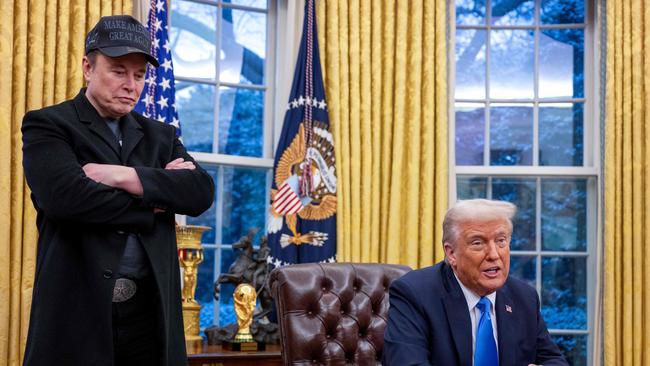
Then there is the public persona of both men, charismatic spokesmen for their agenda.
Huxley was a master of debate and public speaking, engaging both scientists and laypeople. His sharp wit and rhetorical flourishes often humiliated opponents. He saw communication as a tool to convert sceptics and educate the masses.
Musk is the X showman, using social media as a weapon, engaging in real-time debates with fans and critics alike. He publicly mocks competitors and institutions, much like Huxley’s biting critiques of religious authorities.
Both Huxley and Musk have shaped the intellectual and technological landscapes of their eras, but Huxley influenced minds, while Musk builds industries.
So, did Huxley influence Musk or is it a mere coincidence?
Francis Galbally is a former lawyer and now a Melbourne-based businessman and investment banker.

